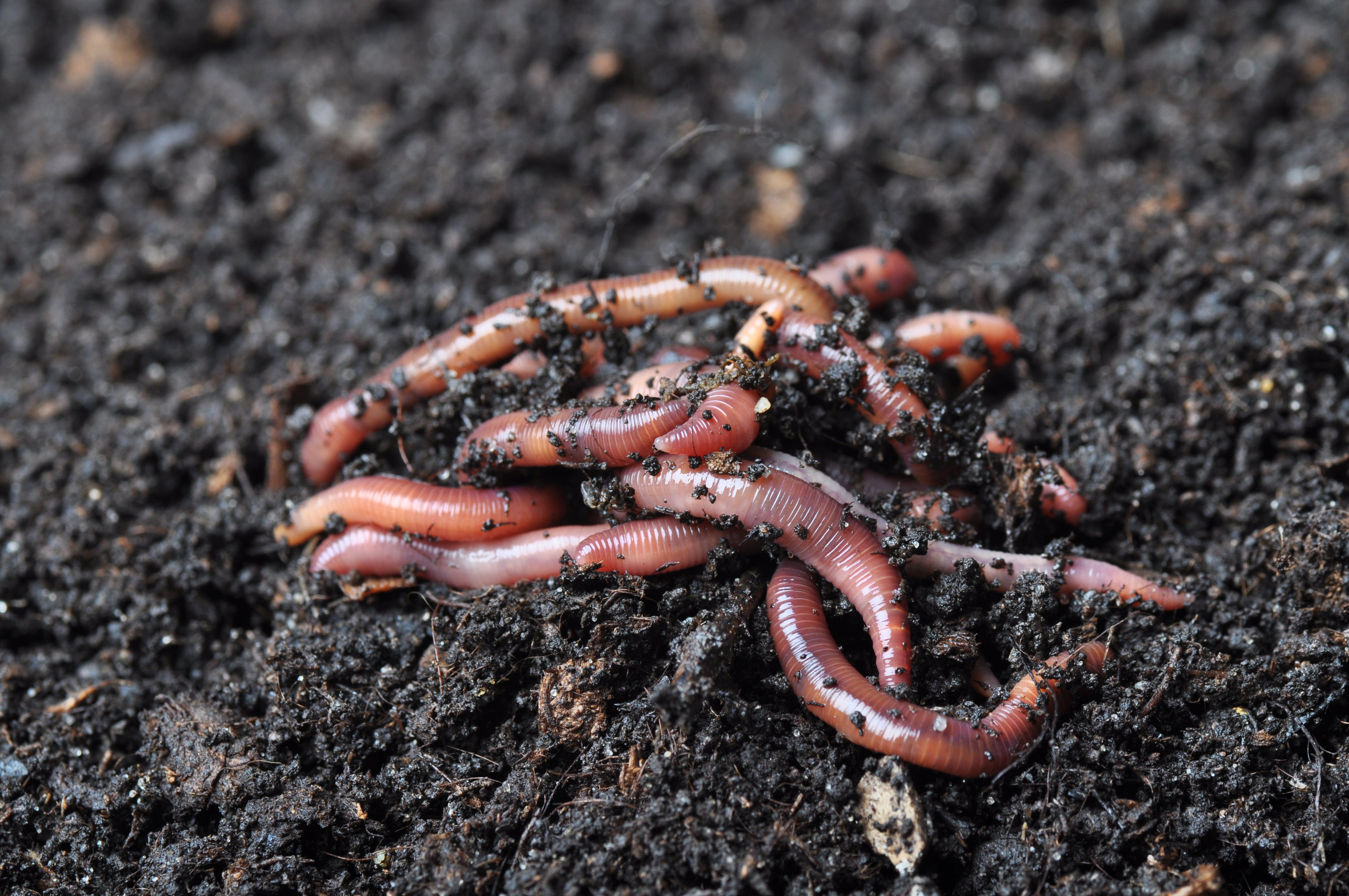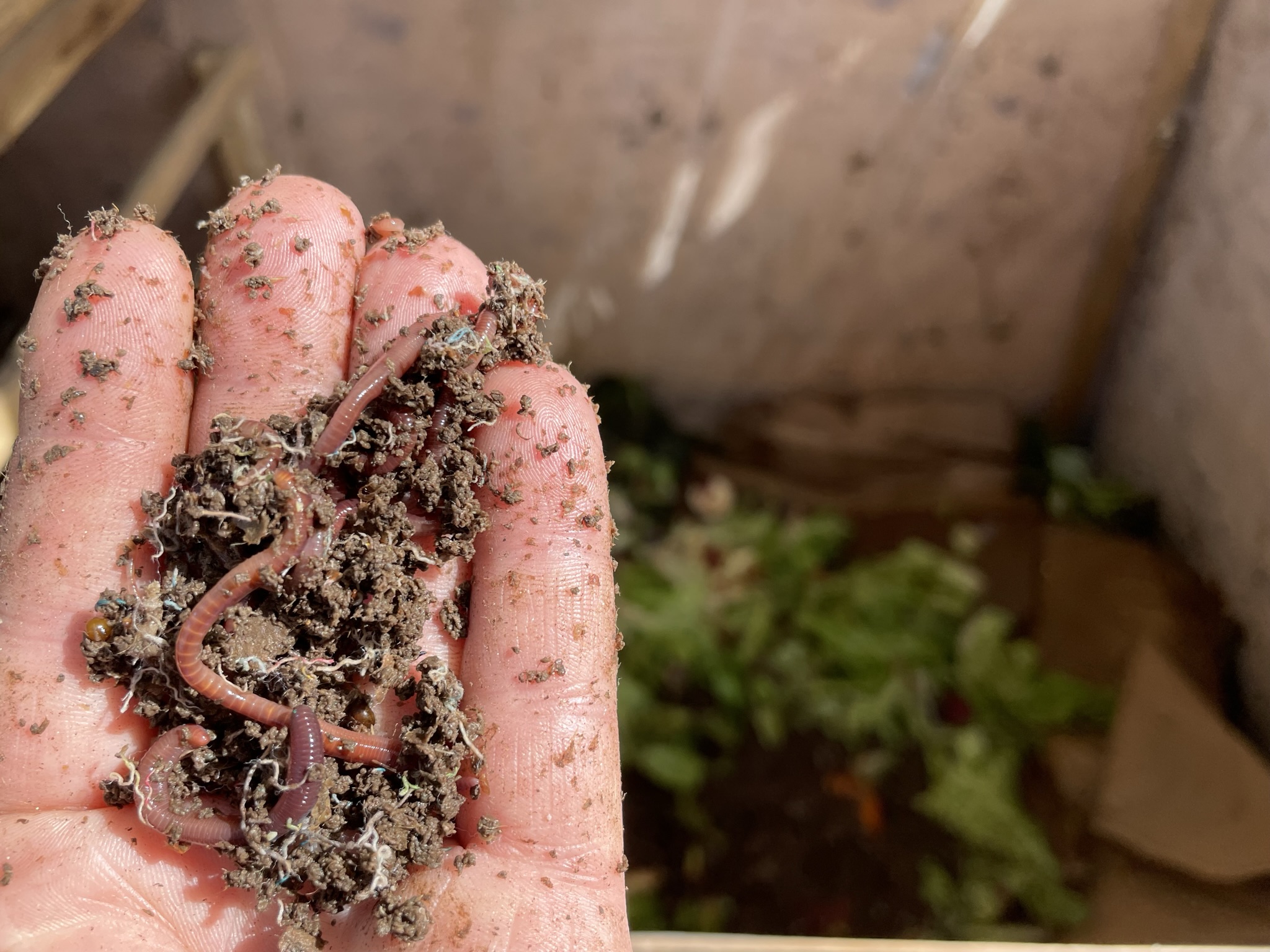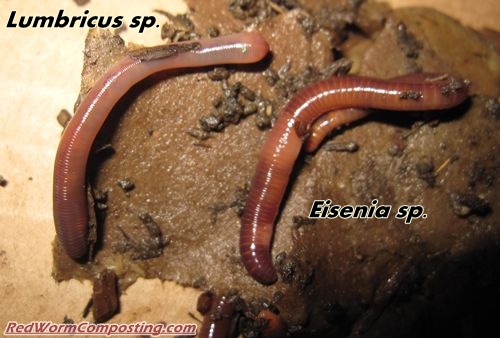Open the Perks of Red Wiggler Composting for Your Organic Garden
Open the Perks of Red Wiggler Composting for Your Organic Garden
Blog Article
Checking Out the Systems of Red Wiggler Composting: A Comprehensive Guide to the Refine and Its Positive Effect On Sustainable Gardening Practices
The detailed mechanisms of red wiggler composting, making use of the special physiology of Eisenia fetida, offer a compelling opportunity for enhancing lasting horticulture methods. As city gardening gains traction, understanding the subtleties of this composting method ends up being increasingly appropriate.
Recognizing Red Wigglers
Red wigglers, clinically called Eisenia fetida, are a types of earthworm highly regarded for their efficiency in composting natural waste. These worms prosper in nutrient-rich environments, particularly in rotting natural issue, making them suitable for vermicomposting systems - Red Wiggler Composting. Identified by their reddish-brown coloration and fractional bodies, red wigglers are smaller than common earthworms, usually gauging between 3 to four inches in size
Their distinct physiological qualities boost their composting abilities; for example, they have a high reproductive price, enabling populations to increase rapidly under ideal problems. Red wigglers eat natural product, simplifying through their gastrointestinal systems, which leads to nutrient-rich castings that work as a superb natural fertilizer. Their ravenous hunger allows them to refine huge quantities of food waste effectively, significantly decreasing garbage dump contributions.
In enhancement to their composting expertise, red wigglers play a crucial function in soil health. Red Wiggler Composting. They freshen the dirt and promote the decay of organic issue, further enriching the soil community. Comprehending the features and environmental advantages of red wigglers is crucial for anybody looking to execute sustainable horticulture practices via effective composting techniques
The Composting Refine
The composting process entails breaking down natural materials right into nutrient-rich compost, a task that red wigglers succeed at because of their specialized gastrointestinal systems. These worms consume food scraps, yard waste, and various other organic matter, changing them into beneficial compost through a collection of chemical and organic procedures.
Initially, the raw material is blended with bed linens materials such as shredded paper or dried out fallen leaves, producing an optimal setting for the worms. As the red wigglers ingest this combination, they simplify via their intestine, where bacteria additionally decay the material. This procedure generates warm, advertising microbial task, which accelerates disintegration.

Advantages of Red Wiggler Composting
Many garden enthusiasts and eco-conscious people recognize the various benefits of red wiggler composting, making it a preferred selection for effective waste management. One of the main advantages is its ability to substantially decrease organic waste in landfills - Red Wiggler Composting. Red wigglers efficiently damage down cooking area scraps and other biodegradable materials, changing them right into nutrient-rich vermicompost that improves soil health and wellness
Additionally, red wiggler composting boosts dirt structure and fertility. The resulting vermicompost is including useful bacteria, which promote plant development and improve nutrient retention. This natural fertilizer not just sustains lasting horticulture techniques however also decreases reliance on chemical plant foods, promoting a healthier ecological community.
Furthermore, red wiggler composting is a space-efficient technique, making it excellent for urban garden enthusiasts with minimal space. The process can be conducted inside your home or outdoors, permitting for year-round composting no matter environment problems. In addition, red wigglers are low-maintenance organisms that require minimal care, making them accessible for beginner garden enthusiasts.
Basically, the advantages of red wiggler composting extend beyond waste reduction; they add to healthier soils, lasting gardening practices, and environmental stewardship, positioning it as a valuable method in modern horticulture.
Ideal Practices for Composting
For effective red wiggler composting, sticking to best practices is essential to make the most of performance and make certain a productive environment for these worms. This balance promotes optimum decomposition and improves the worms' health and wellness.
Following, screen dampness levels, aiming for a moist, sponge-like uniformity. Extremely damp problems can bring about anaerobic disintegration, while extreme dry skin might hinder worm activity. Additionally, ensure proper oygenation by turning the official source compost on a regular basis, which aids stop compaction and permits for adequate oxygen circulation.
Temperature level is one more critical variable. Preserve a series of 55 ° F to 77 ° F(13 ° C to 25 ° C) to promote worm activity and microbial growth. Lastly, prevent presenting meat, milk, and oily foods, as these can attract insects and develop odors.
Enhancing Sustainable Gardening
Lasting horticulture embodies an alternative approach that integrates ecological concepts with functional horticulture methods. By including approaches such as red wiggler composting, gardeners can considerably boost their practices, cultivating a more resistant environment. Red wigglers, renowned for their efficient decay abilities, convert organic waste into nutrient-rich garden compost, thus improving the soil without depending on chemical fertilizers.
Implementing lasting horticulture methods, such as crop turning, buddy planting, and mulching, further matches the advantages of composting. These techniques not only enhance dirt framework and fertility however likewise promote biodiversity, bring in advantageous pests and microorganisms that add to plant health. In addition, using indigenous plants can lower water intake and decrease upkeep, aligning with water conservation initiatives.

Verdict
In final thought, red wiggler composting represents an essential approach for boosting lasting gardening go to my site methods. Ultimately, the fostering of red wiggler composting can considerably contribute to environment-friendly horticulture, profiting both urban and amateur gardeners in their farming efforts.
The index elaborate devices of red wiggler composting, using the distinct physiology of Eisenia fetida, offer a compelling opportunity for boosting lasting gardening methods. Recognizing the characteristics and environmental advantages of red wigglers is necessary for any person looking to implement sustainable horticulture practices through reliable composting techniques.

In final thought, red wiggler composting stands for an essential approach for improving lasting horticulture practices. Eventually, the adoption of red wiggler composting can considerably contribute to environment-friendly gardening, profiting both city and newbie garden enthusiasts in their growing efforts.
Report this page